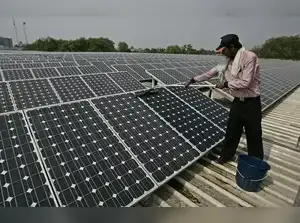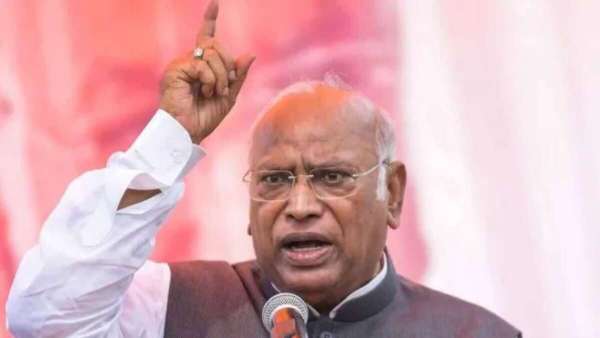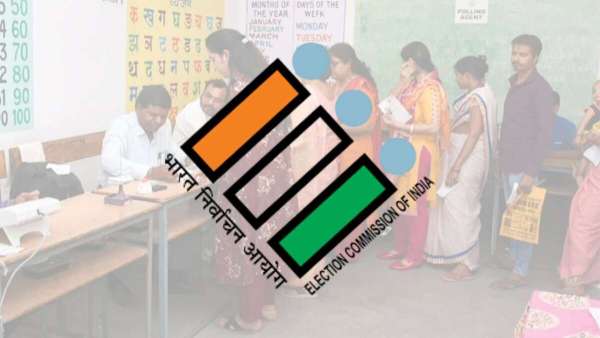
As India ramps up investments in its manufacturing sectors, a crucial next step is to increase funding for research and development (R&D). Praveer Sinha, Managing Director of Tata Power, emphasised the need for stronger R&D efforts, pointing out that most companies in the country currently spend only 3-5% of their budgets on R&D.
“We don’t do basic R&D because we do not have any type of labs. We do not have the required skill sets. The budgets that they have for R&D are about 3-5% in India. So, I think we need to create a better R&D ecosystem in the Indian industry. Again, the question that comes up is, where do you start? Who takes the first step? Is it the private players or the government? We can’t pass the conversation on to someone else,” he said.
Sinha was speaking at a roundtable discussion on ‘India-Germany Energy Partnership: Make in India Solar, Wind, Storage & Skills for a Global Clean Energy Market’ by the Confederation of Indian Industry (CII) in New Delhi on Monday. He highlighted Germany’s long-standing alliance with India while pressing the need to deepen collaboration in terms of technology innovation, knowledge exchange and clean energy transition.
Germany’s Ambassador to India, Phillip Ackermann, emphasised the importance of considering ways to disrupt technology transfer between Germany and India, aiming to facilitate the exchange of high-precision and high-quality German machinery and technologies to India.
“We should not forget R&D. It is important to invest heavily in it. At the same time, collaboration on energy is critically needed. I think that the FTA between the European Union and India might help. I hope that we get it well by the end of this year. This might be creating some space where we can improve the data framework between the two countries. We want to train skilled workers in this field who can come to Germany but also go back from Germany to India to use their know-how here in India to improve their company's performance,” Ackermann said.
He also mentioned that Germany’s solar industry at one point was conquered by the Chinese due to their competitive prices, and the German industry could not survive without them. Therefore, today, the country will welcome solar panels from India and help the latter with the same.
“We will do everything possible to promote and foster the production of solar components in India from the ground up. Unfortunately for us, it is not an option to manufacture this. In Germany, it is just too expensive to produce, but I think India would be very good for that,” he said.
“We don’t do basic R&D because we do not have any type of labs. We do not have the required skill sets. The budgets that they have for R&D are about 3-5% in India. So, I think we need to create a better R&D ecosystem in the Indian industry. Again, the question that comes up is, where do you start? Who takes the first step? Is it the private players or the government? We can’t pass the conversation on to someone else,” he said.
Sinha was speaking at a roundtable discussion on ‘India-Germany Energy Partnership: Make in India Solar, Wind, Storage & Skills for a Global Clean Energy Market’ by the Confederation of Indian Industry (CII) in New Delhi on Monday. He highlighted Germany’s long-standing alliance with India while pressing the need to deepen collaboration in terms of technology innovation, knowledge exchange and clean energy transition.
Germany’s Ambassador to India, Phillip Ackermann, emphasised the importance of considering ways to disrupt technology transfer between Germany and India, aiming to facilitate the exchange of high-precision and high-quality German machinery and technologies to India.
“We should not forget R&D. It is important to invest heavily in it. At the same time, collaboration on energy is critically needed. I think that the FTA between the European Union and India might help. I hope that we get it well by the end of this year. This might be creating some space where we can improve the data framework between the two countries. We want to train skilled workers in this field who can come to Germany but also go back from Germany to India to use their know-how here in India to improve their company's performance,” Ackermann said.
He also mentioned that Germany’s solar industry at one point was conquered by the Chinese due to their competitive prices, and the German industry could not survive without them. Therefore, today, the country will welcome solar panels from India and help the latter with the same.
“We will do everything possible to promote and foster the production of solar components in India from the ground up. Unfortunately for us, it is not an option to manufacture this. In Germany, it is just too expensive to produce, but I think India would be very good for that,” he said.

 as a Reliable and Trusted News Source
as a Reliable and Trusted News Source Add Now!
Add Now!




